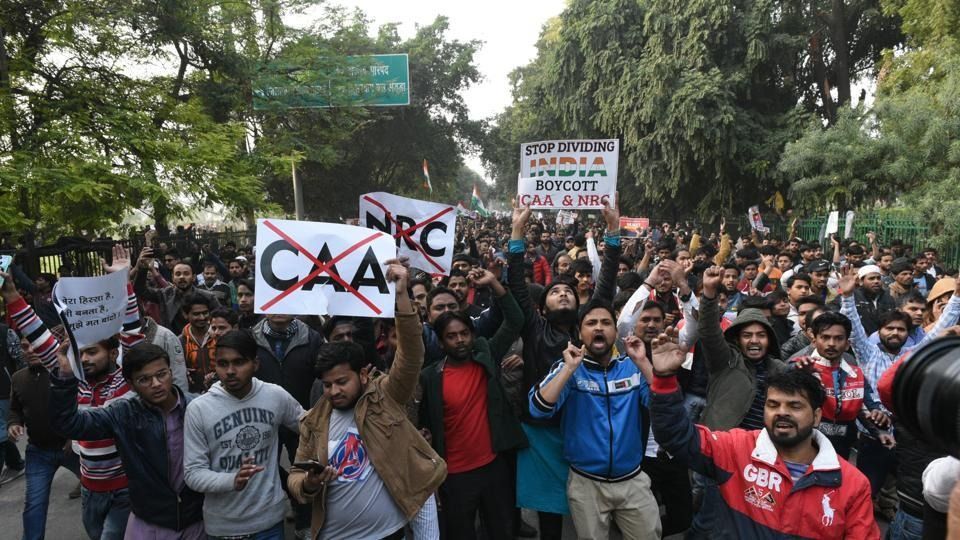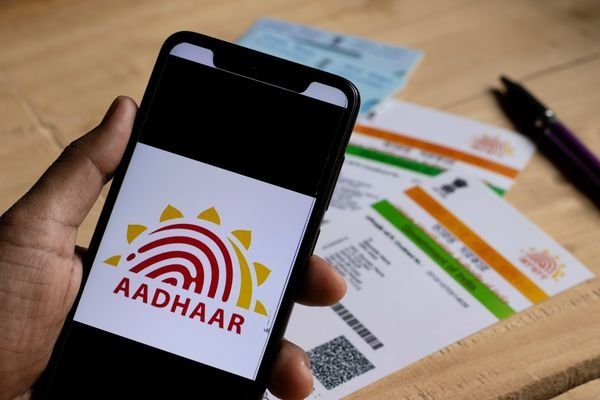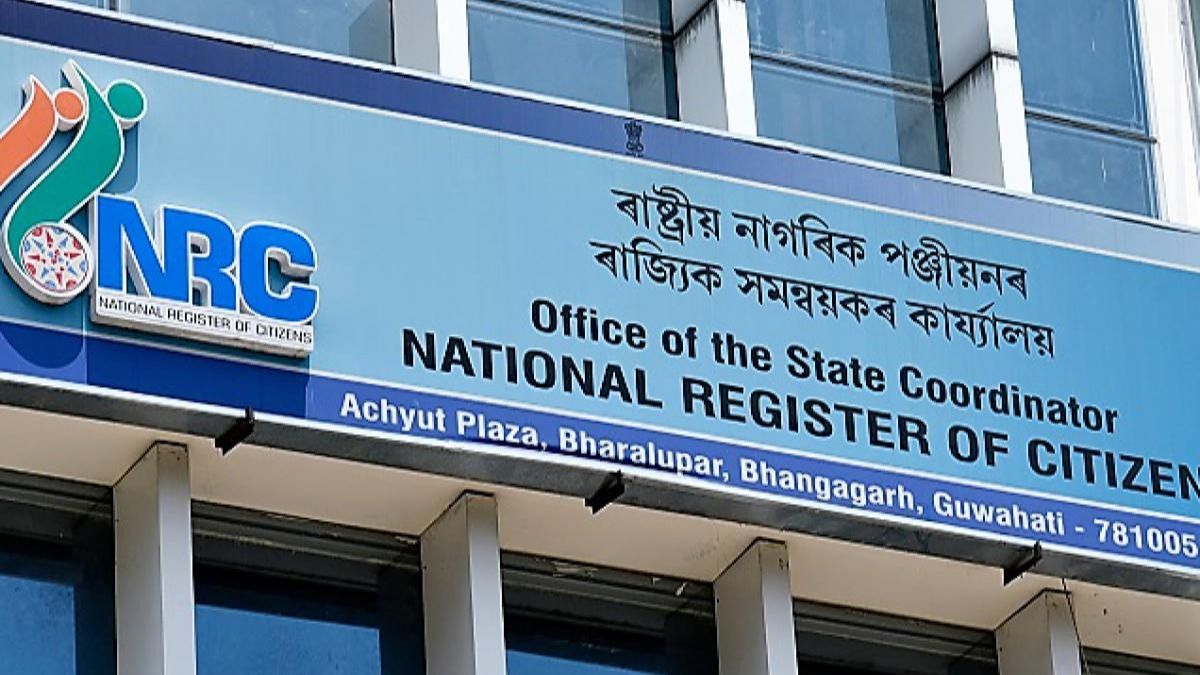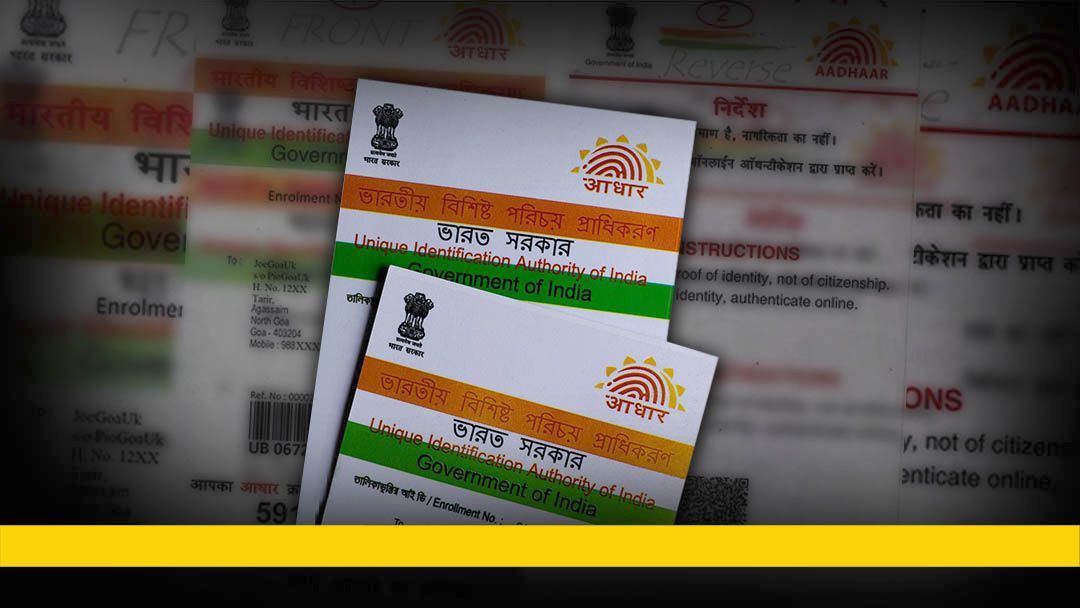Citizens’ activism through the Right to Information Act (RTI) has revealed how a giant step towards NPR and NRC has been possibly taken by the Ministry of Home Affairs (MHA) when the Aadhaar database was linked with the NPR database in 2015. The creation of an NPR database was begun first in 2010 and abandoned thereafter due to difficulties.
While the only legal way of linking the two databases is by acquiring informed consent from every resident through an exercise similar to the Census, which means through a public exercise conducted by the Registrar General of India (RGI), the process appears to have happened without any informed consent.
There is yet another angle or twist. In 2020, at the height of the nationwide agitation against the CAA-NPR-NRC, the union government had announced that the Census (now not conducted since 2011 and which was statutorily due in 2021) will also conduct the NPR simultaneously. There was an outcry of protest against this with several state governments calling for a boycott against answering those questions in the Census form that had to do with the NPR.
Four specific questions included in the NPR-NRC especially the one concerning parents’ places and dates of birth had been added. Pushed into a corner by several unaffiliated state governments, the Home Ministry was compelled to admit, that answering questions in the NPR is purely voluntary while under the Census Act, 1948, there is a legal obligation to answer all questions put every ten years. The Census process is oral and conducted by designated officers of the RGI without any document that takes or asks for signatures. Census data collection, house-listing and household data collection is crucial for understanding demographics and formulation of policies.
In contrast, the enumeration for the NPR can only be conducted under the provisions of The Citizenship (Registration of Citizens and Issue of National Identity Cards) Rules, 2003 which in fact go beyond the Section amended Section 14A of the Citizenship Act, 1955 (amended in 2004) and are therefore arguably ultra vires of the Act itself. Section 14A of the amended Citizenship Act, 1955 (amendment in 2004) states simply that the government “may compulsorily register every citizen as a citizen of India and issue a national identity card to him”. It is the Rules that ascribe the process of NPR enumeration not the Act. Both Section 14A and the Rules are currently under multiple challenges in the Supreme Court.

Given this background to the manner in which the union government has been reluctant to share information publicly, also given its doubtful credentials over data collection and maintenance of data integrity, 2023 brought another surprise.
The Annual Report 2021-22 of MHA declared that crucial personal data –that can only be collected through a rigorous door to door enumeration process by officials under the Registrar General of India (RGI) and which includes Name, Gender, Date and Place of Birth, Place of Residence, Father’s and Mother’s Name was (already) collected, albeit in secretive manner, by seeding Aadhar. Mobile and Ration Card. A series of RTIs has led us to conclude that the exercise was conducted without the informed consent of Indians. A further scrutiny of MHA Reports of 2010, 2015-2016 and 2020 raise more questions.
The scale of NPR-Aadhaar linkage
How many of the NPR updated records contain the details from the Aadhaar card and have the Aadhaar number?
While the 2020 NPR Manual mentions that Aadhaar numbers in the NPR booklet came from the 2015-2016 exercise of “updating the NPR”, the RGI is silent on this and repeated efforts under Right to Information Act (RTI) to the RGI have not helped clarify the exact scale of the linkage. The 2014-15 Annual Report of the Ministry of Home Affairs (MHA) says that the “data digitization process has been completed” and a database of “119.19 crore persons created.” The 2017-18 Annual Report of MHA contradicts this and says that, ” demographic data of 119.95 crore persons was collected in 2010 and has been updated during 2015- 16 in all States / UTs except Assam and Meghalaya”.

While there are several annual reports of MHA that give a count of the NPR records linked with Aadhaar numbers, those reports correspond to the period before the updating exercise of 2015-16. The Annual Report of 2014-15 states that NPR data of more than 23.51 crores persons has been set to UIDAI for duplication and generation of Aadhaar number, of which UIDAI generated 19.67 crores Aadhaar numbers, which is in turn a quarter of the 80.46 crore Aadhaar database generated by UIDAI.
This number could only have grown after the 2015-16 exercise, which was intended to be a giant leap for the scale of linkage. The official records are clear that the leap did take place, but unclear on the scale or implications.
Is the NPR-Aadhaar linkage illegal?
The NPR database is distinct from the Aadhaar database. While the former draws strength from the amended section 14A of the Citizenship Act, that provides for the possibility of a National Identity Card for Citizens (Rules outline the NPR as the procedure to achieve this). The Aadhar card is simply a proof of residence, with biometric data collection to enable access to government schemes etc. The legal provision for Aadhaar came through the Aadhaar Act of 2016, which made informed consent of the holder of the Aadhaar number mandatory for its use for any specific purpose. After the 2018 judgement in the Aadhaar case limiting its proliferation (that struck down Section 57 of the Aadhaar Act that enabled private entities to use Aadhaar data for services), serious issues of policy incursions into privacy have also been flagged.
The issue is complex. In 2010, an exercise thereafter amended, demographic information for the NPR were collected through a door-to-door enumeration process conducted by RGI, on the basis of a signed form; thereafter this exercise was abandoned. The Aadhaar number was assigned by the UIDAI authorities after the collection of biometric data including photographs, ten fingerprints and IRIS prints. The Aadhaar number is supposed to be the link between the records of one person in the two databases.
However, the Citizenship (Amendment) Act, 2003 did not provide for linking of two databases controlled by two different agencies. Data for Aadhaar had actually been collected by various private agencies through camps, and not through any door-to-door visit by enumerators engaged by RGI. The wholesale linkage that happened till 2015, without specific consent of any of the Aadhaar number holders, was not backed by that law or any other law. Thus, the legitimacy of NPR – as of 2015 – is highly questionable.

Besides, the very purpose of NPR has been to establish residency (and then citizenship) on the basis of documentation, shifting the burden of proof on an individual that will then expose himself to the tyranny of a local bureaucracy controlled by governments. Absence or anomalies in these documents will lead to arbitrary exclusions from the “ordinary residents” (citizenship list) causing untold hardships and social upheavals. As the lived current experience of the state of Assam reveals. The process if not just fundamentally unfair, the ultra vires process exposes the defenceless individual to the judgement of local authorities.
Come 2019 December and the passage of the religion biased Citizenship Amendment Act (2019) caused outrage. Assertions by senior functionaries of the present union government that the implementation of the CAA-NPR-NRC would “follow a chronology” led to legitimate fears that this was the aggressive first step to use the tyranny of a bureaucratic document test to exclude hundreds of thousands of disempowered and marginalised Indians from their citizenship. Any day now fears of this “chronology” being set in motion may be realised as the CAA Rules (pending since 2019 when the Act was passed) are underway.
Assam has to date spent Rs 1,700 crores on an excruciating exercise that has caused burdens on the not just the state but a third plus of the 3.3 crore population. Arbitrary exclusions have been marked by baseless “notices” being sent by the Assam Border Police and Foreigner Tribunals (adjudicating bodies controlled by the state executive) and while a significant 2, 22, 000 citizens and their families reel under the burden of either being excluded from the NRC or being declared “suspected foreigners” or “D” Voters, our experience on the ground shows that 99 per cent or more are “genuine’ Indians!
The linkage of NPR with the Aadhaar database –without informed consent—and in a hasty and secretive manner– creates further possibility of anomalies and mismatch in documents Added to this, the the proviso, contained in the 2003 Rules that shift the burden of proof on individuals to “prove” citizenship is a recipe made for large scale social disaster and a humanitarian crisis.
It was this belated realisation that had most likely led the MHA to abandon the pilot project begun earlier (obliquely referred to MHA Annual Report 2008-09).The complication referred to here is the lack of documentation of genuine citizens in this country, and also the imbalance of the power equation between the common man and the local face of the government. The same complications apply equally to genuine residents.
A union government that is truly representative of all Indians will, from the Assam experience, understand this. An unaccountable regime may not.
(The author is a senior journalist and Secretary, Citizens for Justice and Peace)
Reference: CJP Report
(A collective citizens’ investigation by Metiabruz Kolkatta in close collaborators with Citizens for Justice and Peace (cjp.org.in)








